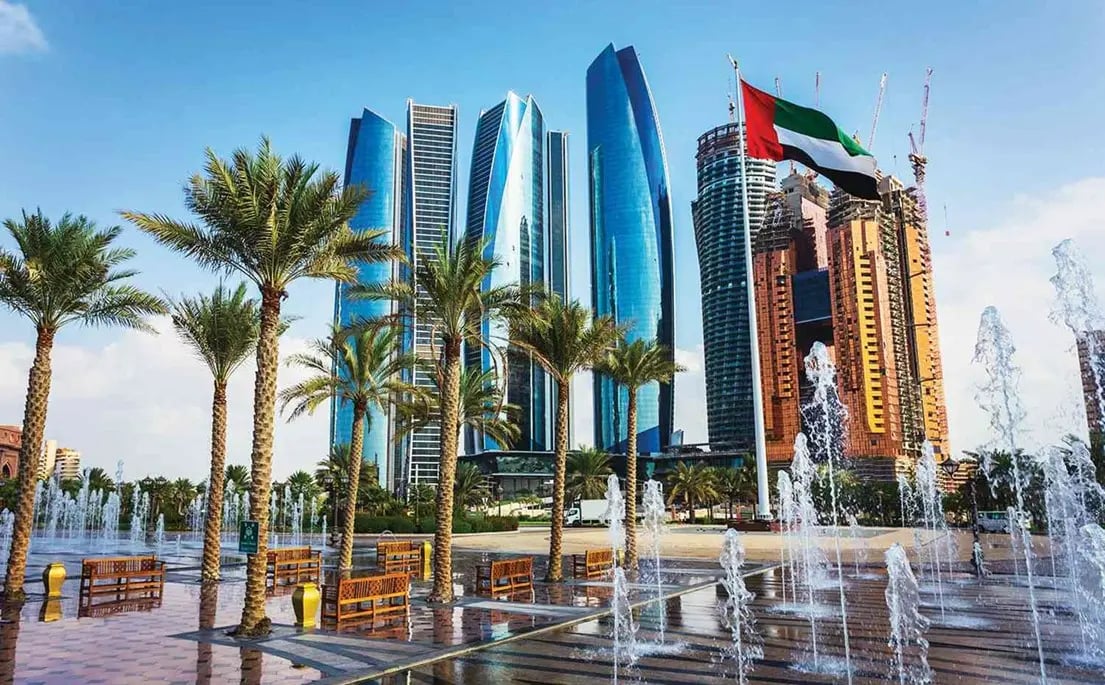The world’s economic landscape is in constant flux. The balance of economic power is not static; it shifts over time, influenced by technological advancements, political realignments, and evolving societal priorities. Understanding these changes is crucial for businesses, policymakers, and anyone seeking to grasp the forces shaping our world.
Key Takeaways:
- The global balance of economic power is shifting from West to East, with China and other emerging markets playing a larger role.
- Technological innovation, particularly in areas like artificial intelligence and renewable energy, is a key driver of economic power.
- Geopolitical factors, including trade wars and political instability, significantly impact the distribution of economic power.
- International collaboration and strategic alliances are becoming increasingly important for maintaining and projecting economic power.
Understanding the Shifting Tides of Global Economic Power
For centuries, the West, particularly Europe and North America, held a dominant position in the global economy. However, the latter half of the 20th century and the beginning of the 21st witnessed a significant shift. Emerging markets, led by China and India, began to rise, challenging the established order. This rise is driven by factors such as lower labor costs, increasing investment in infrastructure, and a growing consumer base. The growth of these economies has not only altered the global trade patterns but also led to a redistribution of economic power.
The rise of China, in particular, has been a game-changer. Its manufacturing prowess, coupled with its ambitious infrastructure projects like the Belt and Road Initiative, has projected its economic power across the globe. While the United States remains a significant player, its relative share of the global economy has declined, reflecting the changing dynamics.
Furthermore, regional trade agreements and blocs, such as the European Union and the Association of Southeast Asian Nations (ASEAN), are reshaping the global economic power landscape. These agreements foster closer economic ties between member states, creating larger, more competitive markets and influencing global trade flows.
Technological Innovation as a Driver of Economic Power
In today’s world, technological innovation is arguably the most important driver of economic power. Countries that invest heavily in research and development, foster innovation, and adopt new technologies are more likely to experience sustained economic growth and improve their global competitiveness. Artificial intelligence (AI), robotics, biotechnology, and renewable energy are just a few examples of technologies that are transforming industries and reshaping the global economic power structure.
The ability to develop and control these technologies gives nations a significant advantage. For example, countries leading in AI research and development are likely to gain a competitive edge in various sectors, from manufacturing and healthcare to finance and transportation. Similarly, countries that invest in renewable energy technologies are not only reducing their carbon footprint but also creating new industries and jobs, boosting their economic power in the long run. The competition for technological supremacy is intense, with countries vying to attract talent, invest in infrastructure, and create regulatory environments that foster innovation. This competition will continue to shape the global distribution of economic power in the years to come. Even access to reliable internet speeds, measured in gb, can impact a nations potential.
Geopolitical Factors and Their Impact on Economic Power
Geopolitics plays a significant role in shaping the global economic power landscape. Political instability, trade wars, and international conflicts can disrupt trade flows, discourage investment, and undermine economic growth. Conversely, political stability, strong institutions, and strategic alliances can create a favorable environment for economic development and enhance a nation’s economic power.
The recent trade tensions between the United States and China, for example, have had a significant impact on the global economy. These tensions have led to higher tariffs, disrupted supply chains, and increased uncertainty, affecting businesses and consumers worldwide. Similarly, political instability in certain regions can deter investment and hinder economic growth.
However, geopolitical factors can also create opportunities. Countries that can navigate these challenges effectively and forge strategic alliances can enhance their economic power and influence. International cooperation and diplomacy are crucial for maintaining stability and promoting economic growth in an increasingly interconnected world.
Strategies for Maintaining and Projecting Economic Power
In a rapidly changing global landscape, countries need to adopt proactive strategies to maintain and project their economic power. This includes investing in education and skills development, promoting innovation and entrepreneurship, building strong institutions, and fostering international cooperation.
Investing in education and skills development is essential for creating a workforce that can compete in the global economy. Countries need to ensure that their education systems are preparing students for the jobs of the future, equipping them with the skills and knowledge they need to succeed in a rapidly changing world. Promoting innovation and entrepreneurship is also crucial for driving economic growth and creating new industries. Governments can support innovation by investing in research and development, providing incentives for startups, and creating regulatory environments that foster creativity and risk-taking.
Building strong institutions is essential for attracting investment and promoting economic stability. This includes establishing clear and transparent legal frameworks, protecting property rights, and combating corruption. Finally, fostering international cooperation is crucial for addressing global challenges and promoting economic growth. This includes participating in international organizations, negotiating trade agreements, and working with other countries to address issues such as climate change and global health. By adopting these strategies, countries can enhance their economic power and contribute to a more prosperous and stable world.











